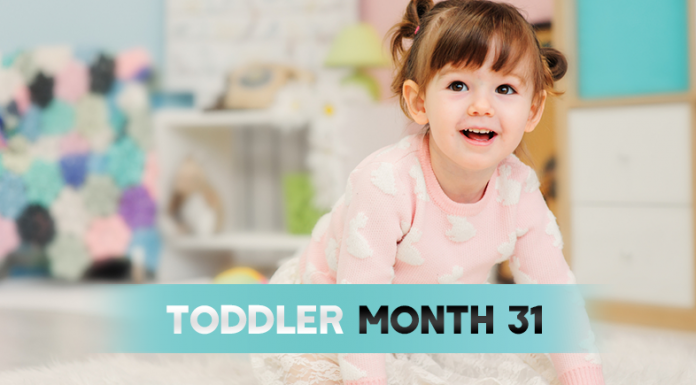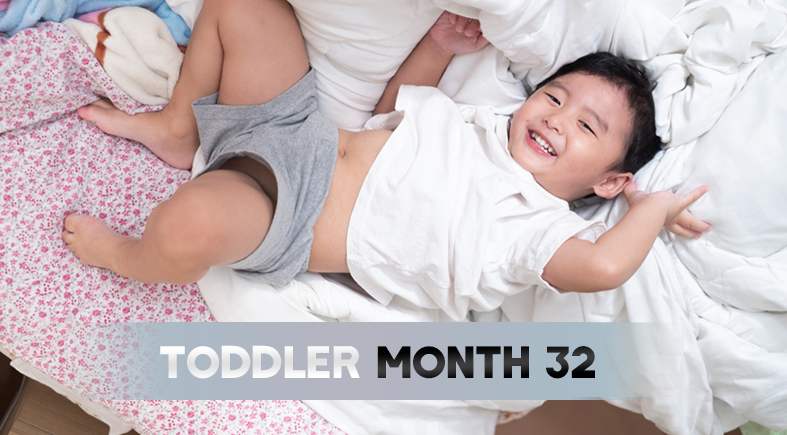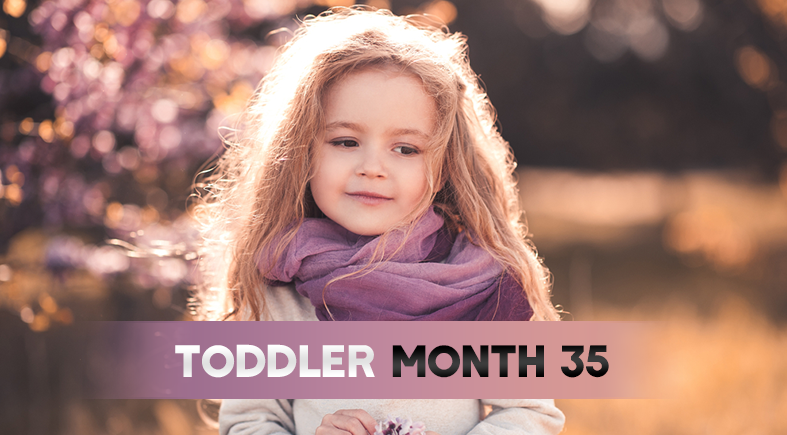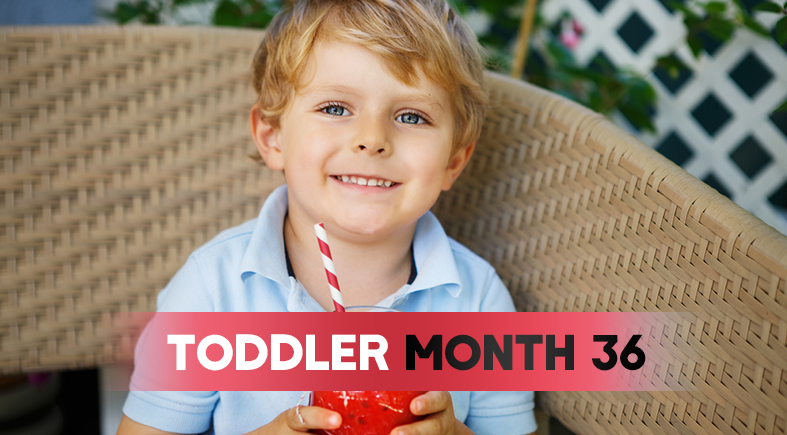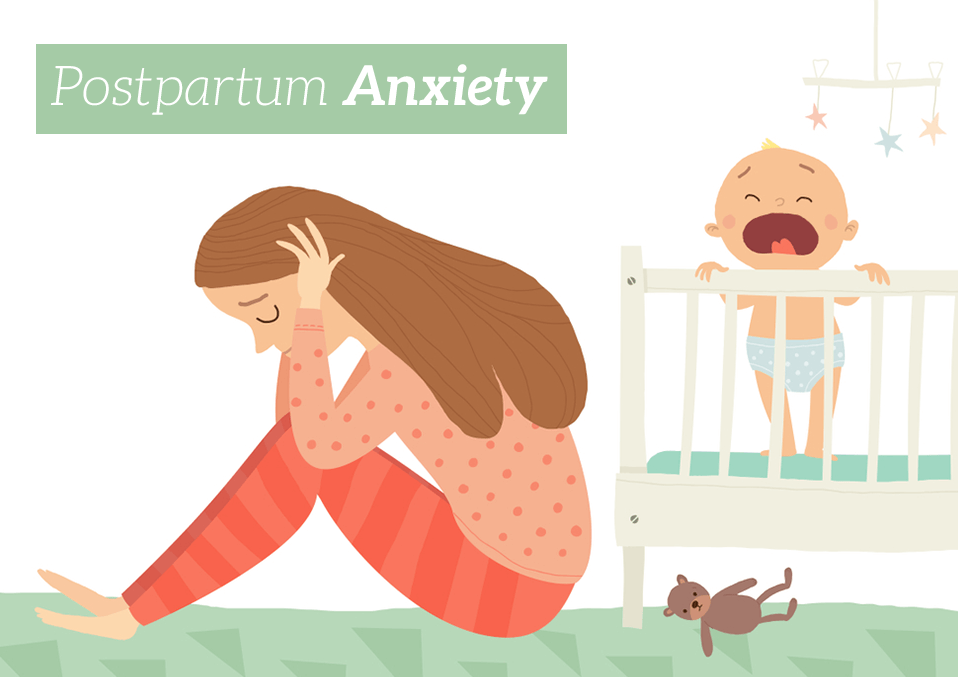From the start of the 31 months, your little one does everything to please and make you happy! On the other hand, he is still suffering from anxiety when the night comes, making his nights difficult.
Awakening, Development and Growth of The 31-Month-Old Baby
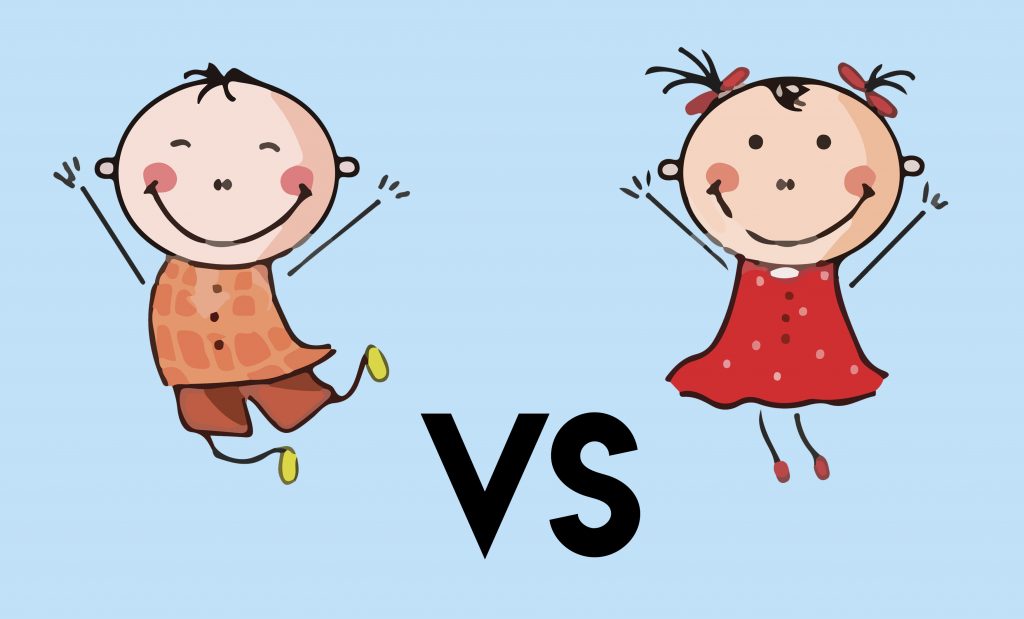
At 31 months, baby is more and more sociable. Whether with you or with his classmates, he does everything to please and please others. Your baby gives himself so much trouble, that when he realizes he can not do it, he suddenly feels very sad.
On the other hand, baby loves to discover new materials and has fun like crazy when it falls on your favorite bottle of shampoo for example. Your lipstick, in his hands, may also end badly, spread on the wall of the bathroom or on the carpet of your room. Baby does not realize that he is doing something stupid, for him, he just discovers new games. So explain to him calmly that this is not good and that he can have fun just as well with a sheet and a pen.
Another important point of its development is its ability to recognize colors. He is now able to name some, and even, to sort his toys by color or shape!
31 Month Old Baby’s Diet
Although at 31 months (Toddler Month 31), baby seems to share the same diet as you, some dishes or foods are still strongly discouraged before the age of 5 years. Among them: dishes in wine sauce, skimmed milk or even peanuts, pistachios, walnuts and hazelnuts. If some of these dishes or foods are part of the menu you have planned, consider making another baby menu. Patience, soon, he will be able to share the same meals as you!
31-Month-Old Feeding Schedule
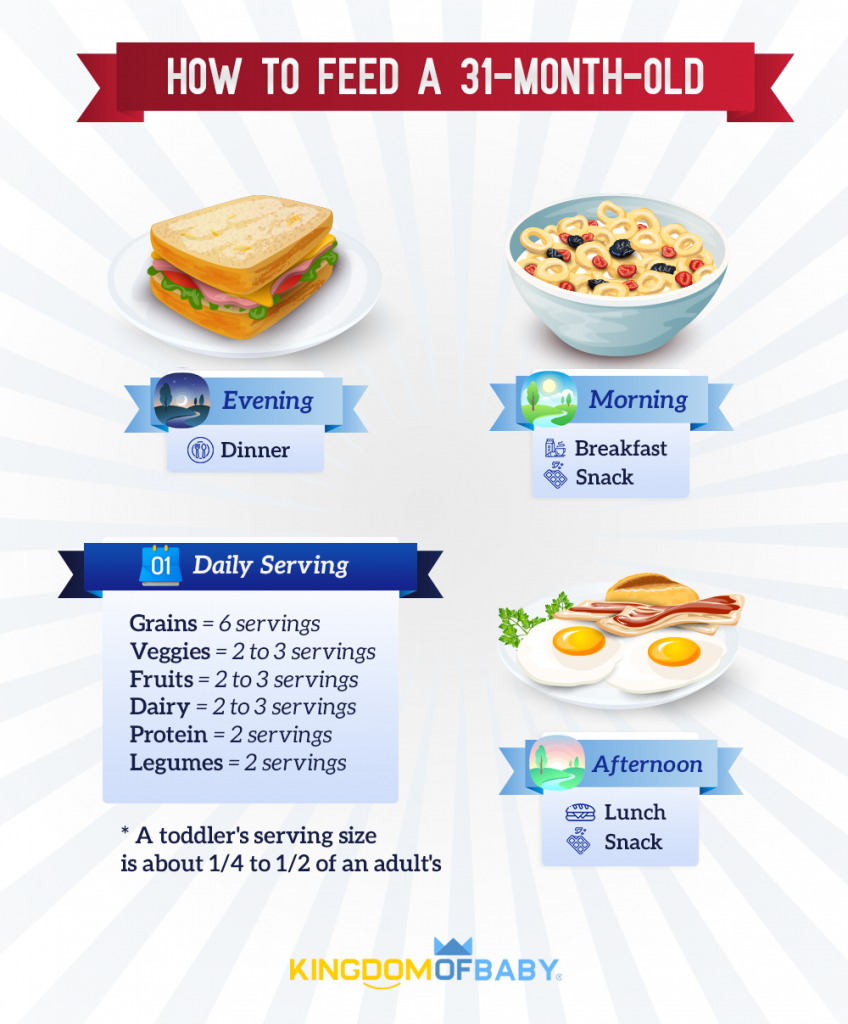
31 Month Old Baby’s Health
At 31 months old (Toddler Month 31), baby is not yet quite able to differentiate the real from the imaginary. As a result, when night falls and your babyfinds himself alone in his room, he sees his worst fears take shape. Fear of the monster under the bed or ghost in the wardrobe, baby needs reassurance. His nights may be hectic for a while. If you feel that your child is suffering from insomnia, talk to your pediatrician.
Read : Toddler – Month 32
31-Month-Old Sleep Schedule
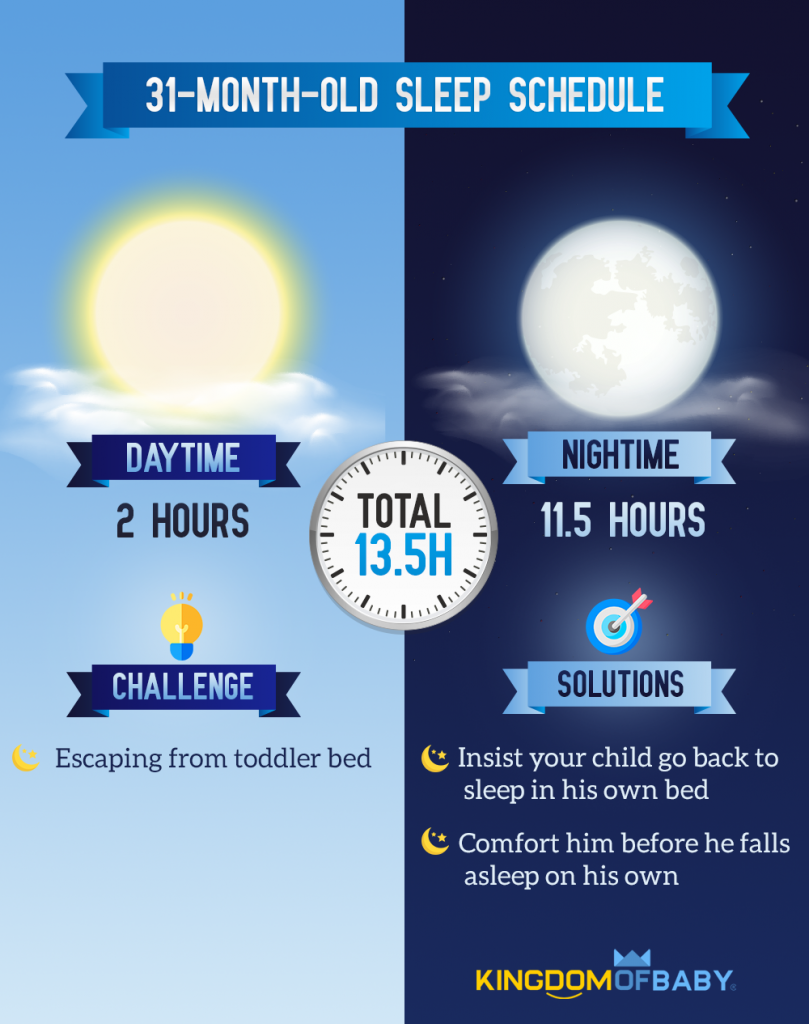
Tip For The Month
Do boys really have more time than girls to be clean?
Absolutely! Boys are often slower than girls, and studies show that they continue to have accidents later than girls.
This is probably due to the fact that boys are less comfortable with language and communication skills than girls. Much of potty learning is based on an understanding of the language and the reaction of the toddler to the words he or she hears.
Each child is unique and reaches the stage of cleanliness at a different age. In general, the children who go there later, as at the age of your son, catch up very quickly their delay in learning the pot.
In any case, it is not at all “abnormal” to always wear diapers at 3 years! (Toddler Month 31).
Toxic toys: our tips for recognizing and avoiding them.
Read : Toddler – Month 34
In the European Union, all toys are checked. But beware, the “CE” label, even if it means that the toy complies with strict and stringent safety requirements, set at the European level, is affixed by the manufacturer himself. With recent recalls produced, multiple checks and labels are not enough. At the time of purchase, you must be vigilant to the various offers. Our tips for learning to recognize and avoid toxic toys.
Toxic toys: Before buying, know the harmful products
What are the harmful products that may be present in your children’s toys? Small note:
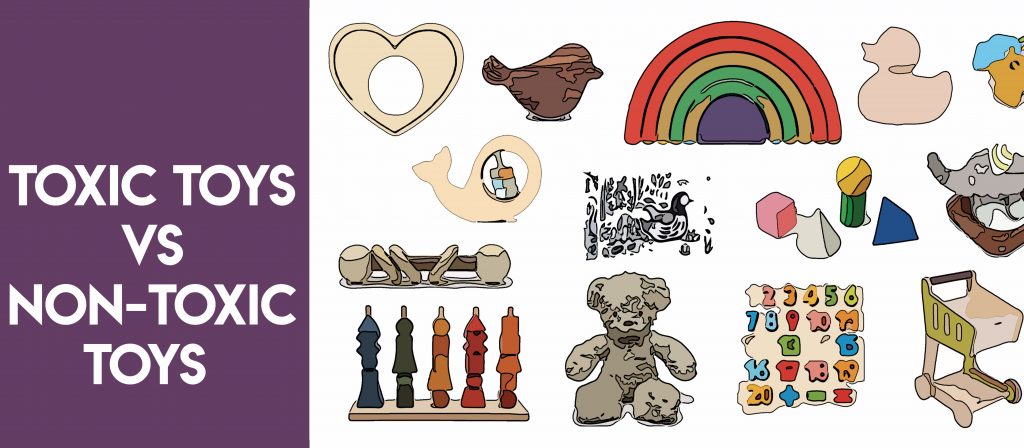
– Phthalates are chemical components used to soften the plastic, they are very present in inflatable toys. Harmful to the child’s reproductive system, phthalates have been partially banned by the European Union in products intended for children under three years old since 1999. It is therefore important to focus on toys made in Europe (Toddler Month 31).
– Bisphenol A (BPA): A hormonal disruptor, bisphenol regularly pays attention to the chronic, especially by its use in certain food plastics. It would be more present in polycarbonate toys.
– Heavy metals: lead, mercury, arsenic, cadmium, etc. are toxic products also called heavy metals. They can be responsible for diseases like encephalopathies, anemias and lead poisoning and are present in some paintings in particular.
– Formaldehyde or formaldehyde is found in the varnishes of wooden toys. It is a carcinogenic organic compound.
– Synthetic perfumes: used to mask the smell of all these substances and / or used for educational purposes and to develop children’s senses, perfumes are allergenic. They can cause fevers, asthma and dermatitis.
Toxic toys: when buying, adopt the right gestures
According to environmental safety associations (including WECF, Women in Europe for a Common Future), several precautions should be taken when buying a toy to avoid toxicity:
– Choose natural materials (organic cotton, raw wood, natural paint, etc.)
– Avoid PVC (contains chlorine and phthalates) and plywood (contains formaldehyde)
– Check that the toys are resistant to sweat and saliva.
– Avoid scented toys (synthetic perfume most of the time)
– Give priority to quality rather than quantity.
– Allow the new toys to aerate before using them to evacuate the solvents. And wash the new stuffed animals.
– Test the toy yourself to make sure certain parts do not come loose and can not be swallowed.
For comfort and safety, the FJP (French Federation of Toy Industry Childcare) advocates before the purchase of :
– Compare, for the same article, what is offered in stores and in catalogs. If they exist, consult the comparative tests carried out by the consumer organizations.
– Do not buy an article of childcare only according to its aesthetics and color.
– Ask the shop for tips and advice as some items usually require a demonstration.
– Check that the instructions for use are written in any other foreign language.
Read Also :
WOMEN STICK TOGETHER, SHARING IS CARING!

